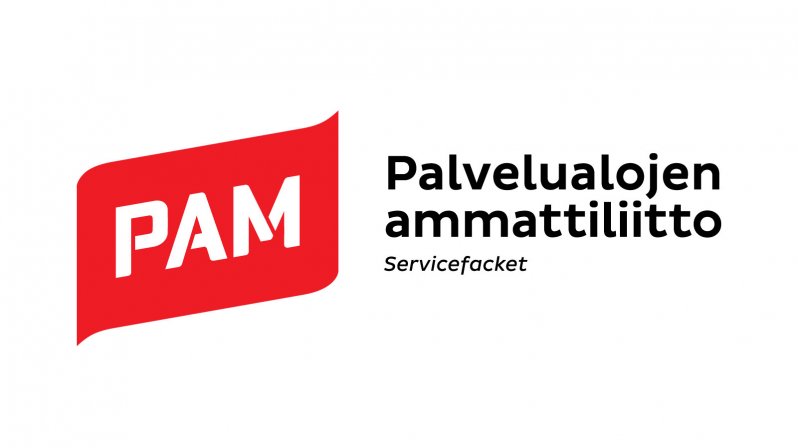New restrictions cause distress for restaurant workers - PAM calls for targeted measures to secure income
The Finnish government’s decision to impose new restrictions on restaurants has devastating effects on workers. Layoffs and dismissals are not a welcomed Christmas gift to workers who already suffer and live with insecurity.
The government’s decision to limit serving of alcohol, opening hours and customer seats for over three weeks will radically affect restaurants business. New layoffs and dismissals cannot be avoided.
“The first extensive layoffs have already been announced. This is not a pleasant Christmas gift for the workers who have already acted as a crisis buffer several times”, comments a worried PAM president Annika Rönni-Sällinen
Workers’ incomes must be safe guarded
PAM calls for targeted measures that would guarantee restaurant workers incomes. Recurring employment and income insecurity weakens further the attractiveness of the industry.
In particular, the government should immediately remove the five-day personal liability for the earnings-related unemployment allowance. The government should also make all necessary decisions to reintroduce that the unemployment allowance during the pandemic is not included in the maximum time for unemployment security.
The government should also guarantee sufficient unemployment benefit levels to those workers who have been laid off or dismissed because of the restrictions. PAM thinks the unemployment benefits of laid off or dismissed workers should be 85 to 90 percent of the prior wages, so that workers are not affected unreasonably due to possible unexpected layoffs or dismissals.
“It is really sad that the government continues a policy where workers have to rely on normal unemployment benefits, when previous pandemic exemptions have been discontinued. Businesses have been supported, but workers have been left to fend on their own. The corona pandemic cannot be curtailed by bearing down on workers who are already in a vulnerable situation”, conludes Rönni-Sällinen.
PAM’s surveys during the pandemic show that restrictions have long-lasting effects on the income of workers in the industries hit by the crisis, as many of them have been forced to tap into savings or to take on debt to cover essential expenses. The lack of measures to sustain workers’ incomes have also weakened the attractiveness of the tourism and restaurant industry, as it is seen as risky in terms of income.



